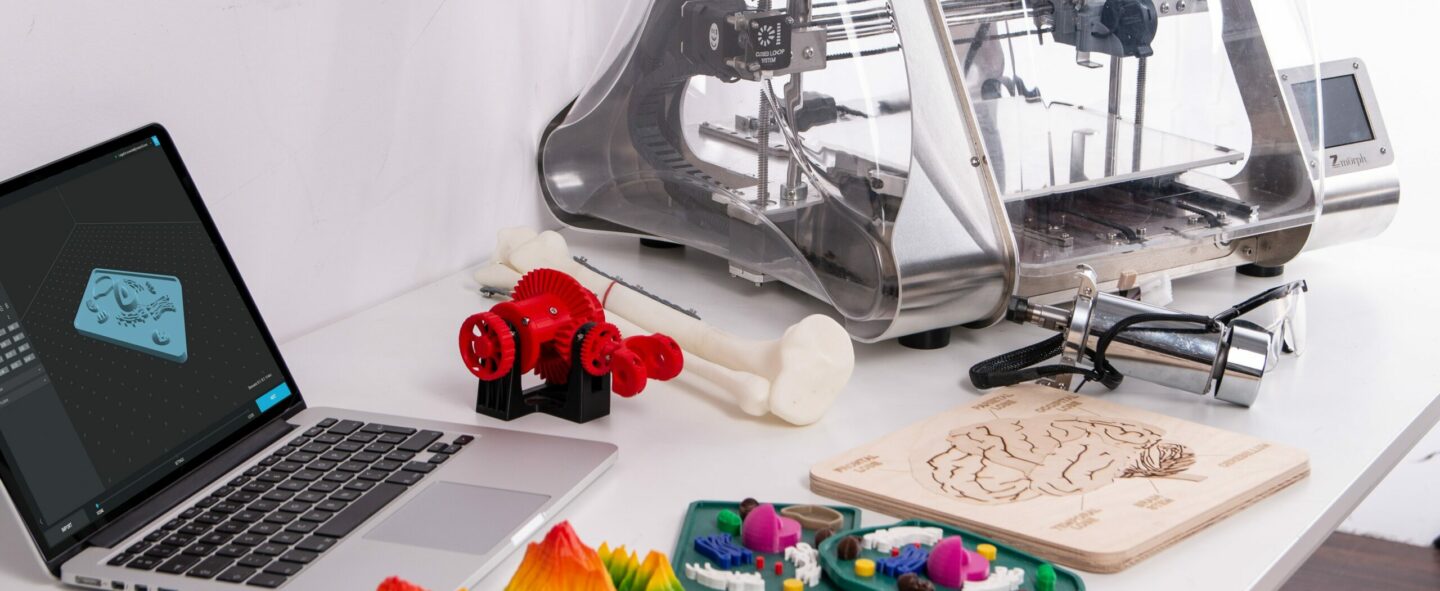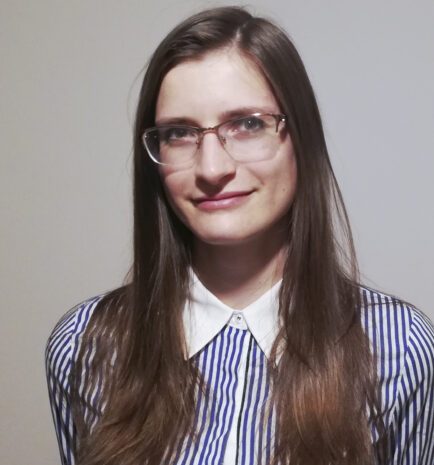
3D printing isn’t a new technology and has actually been in use for decades. Its application was very narrow for most of that time though. In the 1980’s, early forms of 3D printing were all geared towards producing prototypes. These were used to test out new products without having to resort to highly-specific (and thus expensive) tools for that purpose. It was only through recent advances that 3D printing became viable as an industrial-production technology with a myriad of applications. In what already marks the 5th edition of the Connection Series, our speakers will discuss how medicine stands to benefit from 3D printing.
In its current iteration, 3D printing has the ability to create complex 3D geometries with precise microstructures. Structures so intricate that they would be difficult to produce by other means. Taking advantage of sophisticated medical imaging techniques, it might soon be possible to design customized drug formulations and a variety of biomedical devices. Dr. Yinyin Bao, a group leader in the Institute of Pharmaceutical Sciences at ETH Zürich, will discuss light-based manufacturing in particular, a technique offering high resolution and surface quality at a very competitive cost. Moreover, he will introduce biomedical applications made possible by this new technology.
Subsequently, Nevena Paunović, a PhD student in the Drug Formulation and Delivery group at ETH Zürich, will discuss digital light processing (DLP), one specific type of light-based 3D printing. She will argue that the technology possesses great potential for the manufacturing of affordable personalized medical devices. Beyond that, Paunović will address the lack of “pharmaceutical links” – biocompatible and biodegradable materials which can also be printed. Last but not least, she will highlight promising candidates for such materials as well as describe their biomedical applications.
Event Rundown
16:00-16:05 Introduction
(Libing Gu – Head of Academic Relations, Swissnex in China)
16:05-16:25 3D printing with light
(Dr. Yinyin Bao – group leader in the lab of Prof. Jean-Christophe Leroux at the Institute of Pharmaceutical Sciences at ETH Zürich.)
16:25-16:45 3D printing of bioresorbable personalized devices
(Nevena Paunović – PhD student in the Drug Formulation and Delivery group at ETH Zürich.)
16:45-17:00 Q&A
Speakers
-
![]()
Bio
Dr. Yinyin Bao
Group leader in the lab of Prof. Jean-Christophe Leroux at the Institute of Pharmaceutical Sciences at ETH ZürichYinyin Bao is a group leader in the lab of Prof Jean-Christophe Leroux in the Institute of Pharmaceutical Sciences at ETH Zürich. Dr Bao was born in Lu’an, Anhui (China) in 1986. He received his bachelor degree in Macromolecular Materials and Engineering (2007) from Hefei University of Technology and PhD degree in Polymer Chemistry (2012) from University of Science and Technology of China.
-
![]()
Bio
Nevena Paunović
PhD student in the Drug Formulation and Delivery group at ETH ZürichNevena Paunovic is a PhD student in the Drug Formulation and Delivery group at ETH Zürich working on a project related to biodegradable materials for 3D printing of medical devices. She is a licensed pharmacist who holds a Master in Pharmaceutical Sciences (2015) from the University of Belgrade and a Master in Drug Sciences with specialization in toxicology (2018) from the University of Basel.
In collaboration with
Connected Series
The Connected Series is a new format at Swissnex in China putting a spotlight on the best Sino-Swiss collaboration projects and research efforts. It highlights how teams from both countries can best work together to create synergies and get their projects off the ground.



